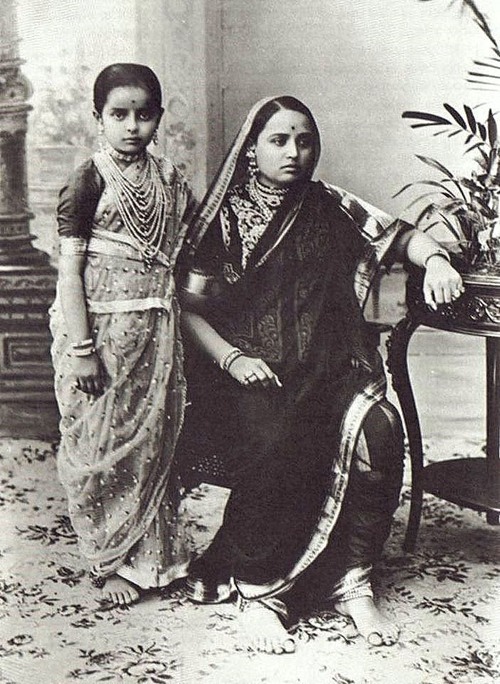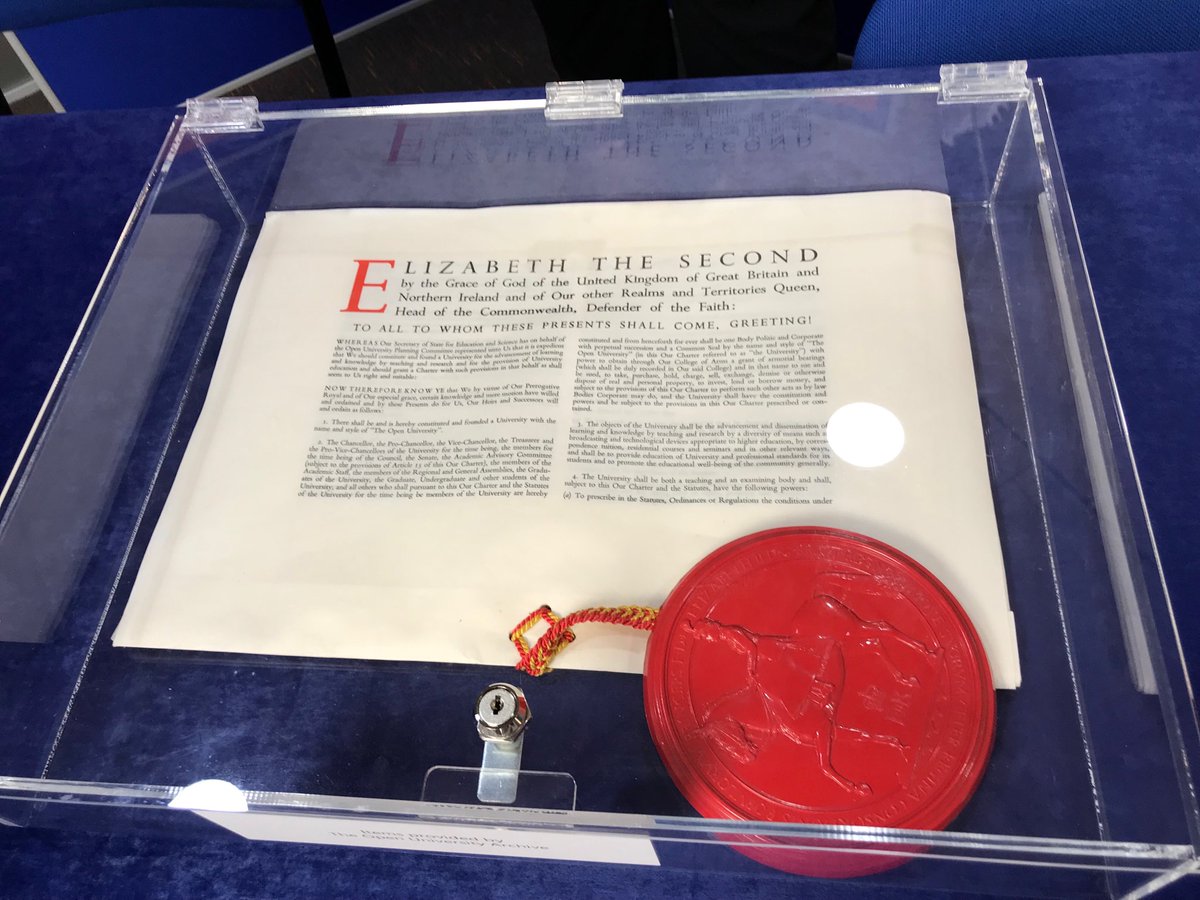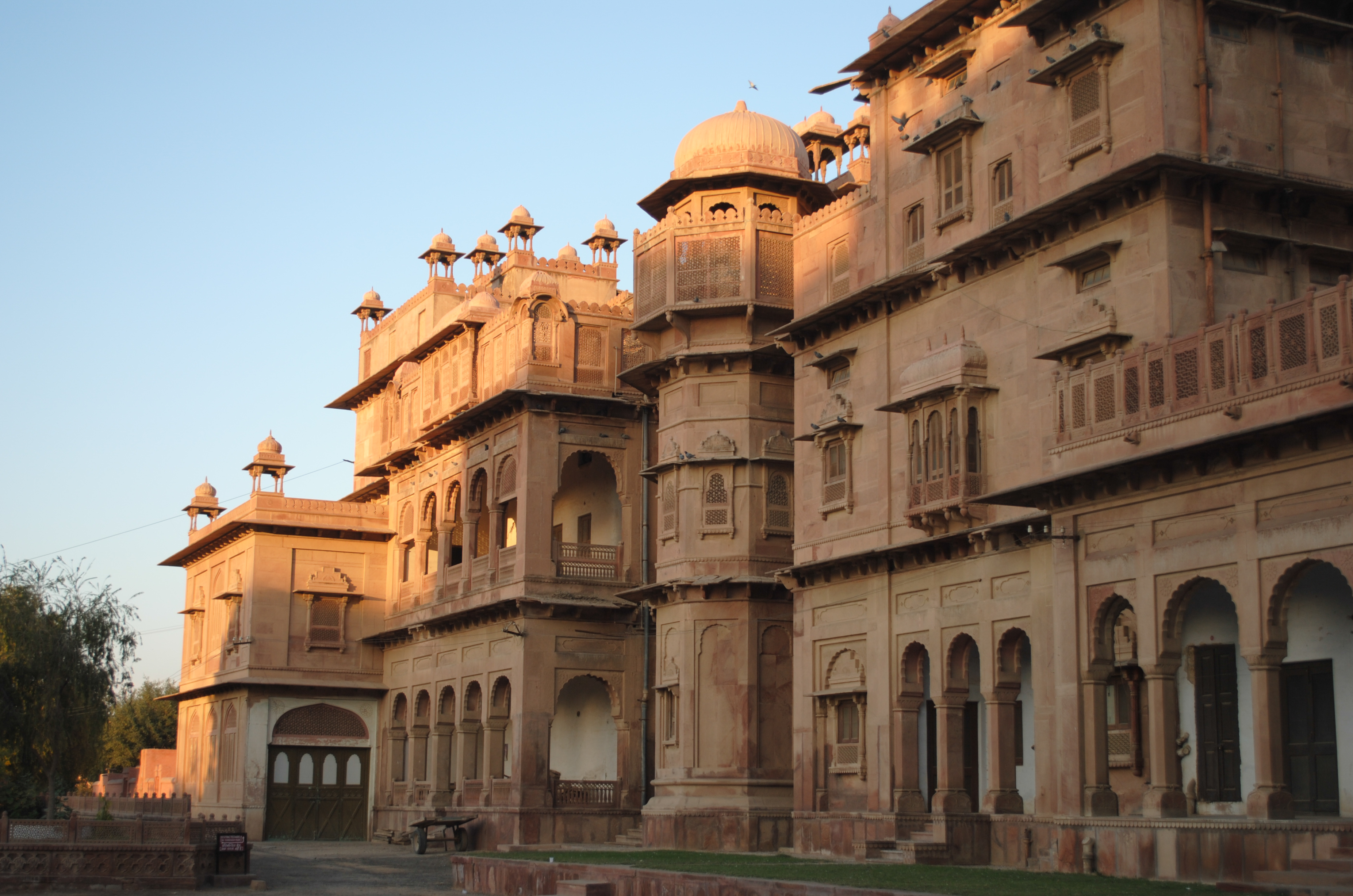|
Indira Devi Of Kapurthala
Indira Devi of Kapurthala (26 February 1912 – 1 September 1979), affectionately known as the Radio Princess, was an Indian socialite and princess, the eldest grandchild of Maharaja Jagatjit Singh of the princely state of Kapurthala in Punjab, British India. During the Second World War she was recruited as a political correspondent to George Orwell, for the India team of the BBC. There she became a regular broadcaster of the programme ''The Debate Continues'' from the House of Commons, and '' Hello Punjab'', a programme in Hindustani for the British Indian Army. With Narayana Menon she hosted the Indian Service musical programmes. At the age of 23, Devi had secretly travelled to London to become an actress, telling only her two sisters, and enrolled at the Royal Academy of Dramatic Art. For a brief period, she worked at London Films with Alexander Korda, and in 1938, she appeared on stage for the first time, when she played the role of a Turkish slave girl. At the onset ... [...More Info...] [...Related Items...] OR: [Wikipedia] [Google] [Baidu] |
Kapurthala
Kapurthala is a city in Punjab state of India. It is the administrative headquarters of Kapurthala District. It was the capital of the Kapurthala State, a princely state in British India. The aesthetic mix of the city with its prominent buildings based on French and Indo-Saracenic architecture self-narrate its princely past. It is also known as city of Palaces & Gardens. According to the 2011 Census, Kapurthala is the least populated city in India. History Kapurthala town was founded by Rana Kapur, a Bhati Rajput of Jaisalmer in 11th century. From 11th century to 1772, Kapurthala was under the control of Bhatti Rajputs, who served as feudatories under Delhi Sultanate and the Mughal Empire. Princely state In 1772, Kapurthala was seized from Bhatti Rajputs and was annexed into Kapurthala State by the Ahluwalia Sikh rulers. Kapurthala flag has two color background, with insignia and moto that says "pro rege et patria" (in Latin) meaning "For king and country" Demographi ... [...More Info...] [...Related Items...] OR: [Wikipedia] [Google] [Baidu] |
Alexander Korda
Sir Alexander Korda (; born Sándor László Kellner; hu, Korda Sándor; 16 September 1893 – 23 January 1956) BFI Screenonline. was a Hungarian-British film director, producer and screenwriter, who founded his own film production studios and film distribution company. Born in , where he began his career, he worked briefly in the Austrian and German film industries during the era of s, before being based in Hollywood from 1926 to 193 ... [...More Info...] [...Related Items...] OR: [Wikipedia] [Google] [Baidu] |
Saree
A sari (sometimes also saree or shari)The name of the garment in various Languages of South Asia, regional languages include: * as, শাৰী, xārī, translit-std=ISO * bn, শাড়ি, śāṛi, translit-std=ISO * gu, સાડી, sāḍī, translit-std=ISO * hi, साड़ी, sāṛī, translit-std=ISO * kn, ಸೀರೆ, sīre, translit-std=ISO * knn, साडी, कापड, चीरे, sāḍī, kāpaḍ, cīrē, translit-std=ISO * ml, സാരി, sāri, translit-std=ISO * mr, साडी, sāḍī, translit-std=ISO * ne, सारी, sārī, translit-std=ISO * or, ଶାଢ଼ୀ, śāṛhī, translit-std=ISO * pa, ਸਾਰੀ, sārī, translit-std=ISO * ta, :ta:புடவை, புடவை, puṭavai, translit-std=ISO * te, చీర, cīra, translit-std=ISO * ur, ساڑى, sāṛī, translit-std=ISO is a Women, women's Clothing, garment from the Indian subcontinent, that consists of an un-stitched stretch of woven fabric arranged ... [...More Info...] [...Related Items...] OR: [Wikipedia] [Google] [Baidu] |
Jodhpurs
Jodhpurs, in their modern form, are tight-fitting trousers to the ankle, where they end in a snug cuff, and are worn primarily for horse riding. The term is also used as slang for a type of short riding boot, also called a ''paddock boot'' or a ''jodhpur boot'', because they are worn with jodhpurs. According to Mayer, "Jodhpurs … exemplify the material and cultural exchanges between Britain and its Indian colony in the nineteenth and early twentieth centuries." Originally, jodhpurs were snug-fitting from just below the knee to the ankle, and were flared at the hip to allow ease for sitting in the saddle. Modern jodhpurs are made with stretch fabric and are tight fitting throughout. They are supportive and flexible.Price, Steven D. (ed.) ''The Whole Horse Catalog: Revised and Updated'' New York:Fireside 1998 p. 215 History Jodhpurs were adapted from traditional clothing of the Indian subcontinent as long trousers, reaching to the ankle, snug from the calf to the ankl ... [...More Info...] [...Related Items...] OR: [Wikipedia] [Google] [Baidu] |
British Newspaper Archive
The British Newspaper Archive web site provides access to searchable digitized archives of British and Irish newspapers. It was launched in November 2011. History The British Library Newspapers section was based in Colindale in north London, until 2013, and is now divided between the St Pancras and Boston Spa sites. The library has an almost complete collection of British and Irish newspapers since 1840. This is partly because of the legal deposit legislation of 1869, which required newspapers to supply a copy of each edition of a newspaper to the library. London editions of national daily and Sunday newspapers are complete back to 1801. In total, the collection consists of 660,000 bound volumes and 370,000 reels of microfilm containing tens of millions of newspapers with 52,000 titles on 45 km of shelves. After the closure of Colindale in November 2013, access to the 750 million original printed pages was maintained via an automated and climate-controlled storage facilit ... [...More Info...] [...Related Items...] OR: [Wikipedia] [Google] [Baidu] |
Measles
Measles is a highly contagious infectious disease caused by measles virus. Symptoms usually develop 10–12 days after exposure to an infected person and last 7–10 days. Initial symptoms typically include fever, often greater than , cough, runny nose, and inflamed eyes. Small white spots known as Koplik's spots may form inside the mouth two or three days after the start of symptoms. A red, flat rash which usually starts on the face and then spreads to the rest of the body typically begins three to five days after the start of symptoms. Common complications include diarrhea (in 8% of cases), middle ear infection (7%), and pneumonia (6%). These occur in part due to measles-induced immunosuppression. Less commonly seizures, blindness, or inflammation of the brain may occur. Other names include ''morbilli'', ''rubeola'', ''red measles'', and ''English measles''. Both rubella, also known as ''German measles'', and roseola are different diseases caused by unrelated viruses. Mea ... [...More Info...] [...Related Items...] OR: [Wikipedia] [Google] [Baidu] |
Failure To Thrive
Failure to thrive (FTT), also known as weight faltering or faltering growth, indicates insufficient weight gain or absence of appropriate physical growth in children. FTT is usually defined in terms of weight, and can be evaluated either by a low weight for the child's age, or by a low rate of increase in the weight. The term "failure to thrive" has been used in different ways, as there is no objective standard or universally accepted definition for when to diagnose FTT. One definition describes FTT as a fall in one or more weight centile spaces on a World Health Organization (WHO) growth chart depending on birth weight or when weight is below the 2nd percentile of weight for age irrespective of birth weight. Another definition of FTT is a weight for age that is consistently below the 5th percentile or weight for age that falls by at least two major percentile lines on a growth chart. While weight loss after birth is normal and most babies return to their birth weight by three wee ... [...More Info...] [...Related Items...] OR: [Wikipedia] [Google] [Baidu] |
British India
The provinces of India, earlier presidencies of British India and still earlier, presidency towns, were the administrative divisions of British governance on the Indian subcontinent. Collectively, they have been called British India. In one form or another, they existed between 1612 and 1947, conventionally divided into three historical periods: *Between 1612 and 1757 the East India Company set up Factory (trading post), factories (trading posts) in several locations, mostly in coastal India, with the consent of the Mughal emperors, Maratha Empire or local rulers. Its rivals were the merchant trading companies of Portugal, Denmark, the Netherlands, and France. By the mid-18th century, three ''presidency towns'': Madras, Bombay and Calcutta, had grown in size. *During the period of Company rule in India (1757–1858), the company gradually acquired sovereignty over large parts of India, now called "presidencies". However, it also increasingly came under British government over ... [...More Info...] [...Related Items...] OR: [Wikipedia] [Google] [Baidu] |
The Open University
The Open University (OU) is a British public research university and the largest university in the United Kingdom by number of students. The majority of the OU's undergraduate students are based in the United Kingdom and principally study off- campus; many of its courses (both undergraduate and postgraduate) can also be studied anywhere in the world. There are also a number of full-time postgraduate research students based on the 48-hectare university campus in Milton Keynes, where they use the OU facilities for research, as well as more than 1,000 members of academic and research staff and over 2,500 administrative, operational and support staff. The OU was established in 1969 and was initially based at Alexandra Palace, north London, using the television studios and editing facilities which had been vacated by the BBC. The first students enrolled in January 1971. The university administration is now based at Walton Hall, Milton Keynes, in Buckinghamshire, but has administr ... [...More Info...] [...Related Items...] OR: [Wikipedia] [Google] [Baidu] |
Rajput
Rajput (from Sanskrit ''raja-putra'' 'son of a king') is a large multi-component cluster of castes, kin bodies, and local groups, sharing social status and ideology of genealogical descent originating from the Indian subcontinent. The term Rajput covers various patrilineal clans historically associated with warriorhood: several clans claim Rajput status, although not all claims are universally accepted. According to modern scholars, almost all Rajput clans originated from peasant or pastoral communities. Over time, the Rajputs emerged as a social class comprising people from a variety of ethnic and geographical backgrounds. During the 16th and 17th centuries, the membership of this class became largely hereditary, although new claims to Rajput status continued to be made in the later centuries. Several Rajput-ruled kingdoms played a significant role in many regions of central and northern India from seventh century onwards. The Rajput population and the former Rajput stat ... [...More Info...] [...Related Items...] OR: [Wikipedia] [Google] [Baidu] |







